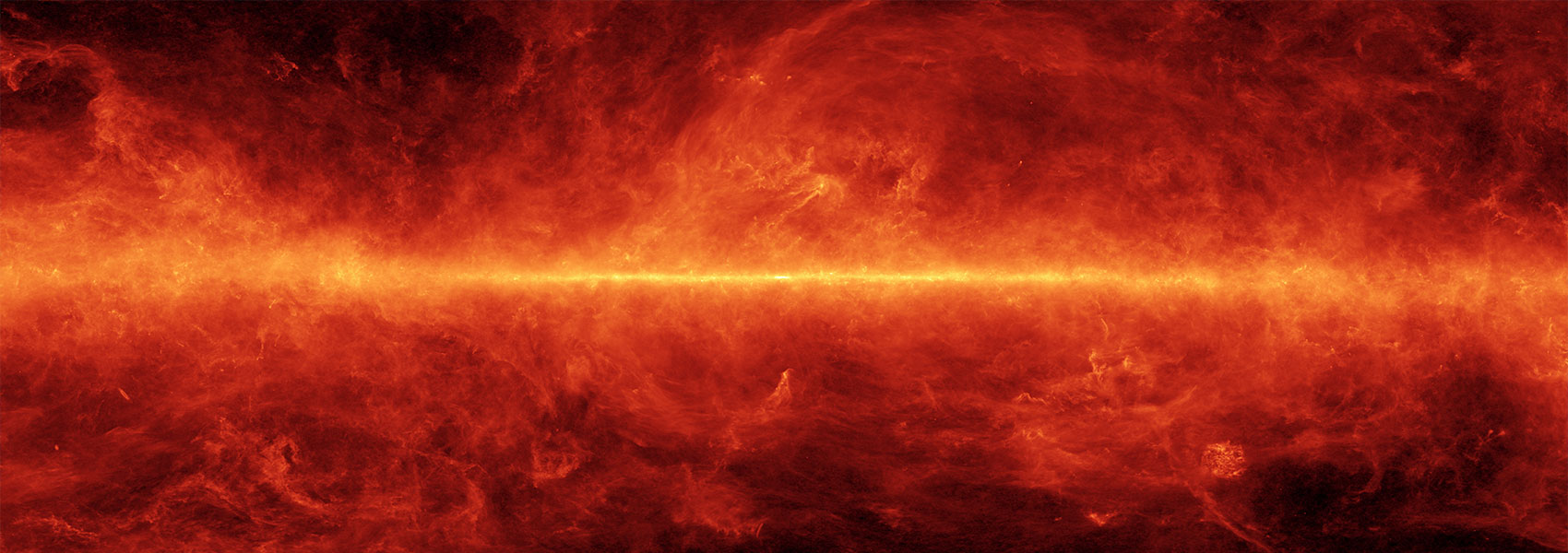April
2017
•
2017ApJ...839...71F
Authors
•
Faisst, A. L.
•
Carollo, C. M.
•
Capak, P. L.
•
Tacchella, S.
•
Renzini, A.
•
Ilbert, O.
•
McCracken, H. J.
•
Scoville, N. Z.
Abstract
•
We use >9400 {log}(m/{M}⊙ )> 10 quiescent and star-forming galaxies at z ≲ 2 in COSMOS/UltraVISTA to study the average size evolution of these systems, with focus on the rare ultra-massive population at {log}(m/{M}⊙ )> 11.4. The large 2 square degree survey area delivers a sample of ∼400 such ultra-massive systems. Accurate sizes are derived using a calibration based on high-resolution images from the Hubble Space Telescope. We find that at these very high masses, the size evolution of star-forming and quiescent galaxies is almost indistinguishable in terms of normalization and power-law slope. We use this result to investigate possible pathways of quenching massive m > M* galaxies at z < 2. We consistently model the size evolution of quiescent galaxies from the star-forming population by assuming different simple models for the suppression of star formation. These models include an instantaneous and delayed quenching without altering the structure of galaxies and a central starburst followed by compaction. We find that instantaneous quenching reproduces the observed mass-size relation of massive galaxies at z > 1 well. Our starburst+compaction model followed by individual growth of the galaxies by minor mergers is preferred over other models without structural change for {log}(m/{M}⊙ )> 11.0 galaxies at z > 0.5. None of our models is able to meet the observations at m > M* and z < 1 without significant contribution of post-quenching growth of individual galaxies via mergers. We conclude that quenching is a fast process in galaxies with m ≥ 1011 M ⊙, and that major mergers likely play a major role in the final steps of their evolution.
Links




